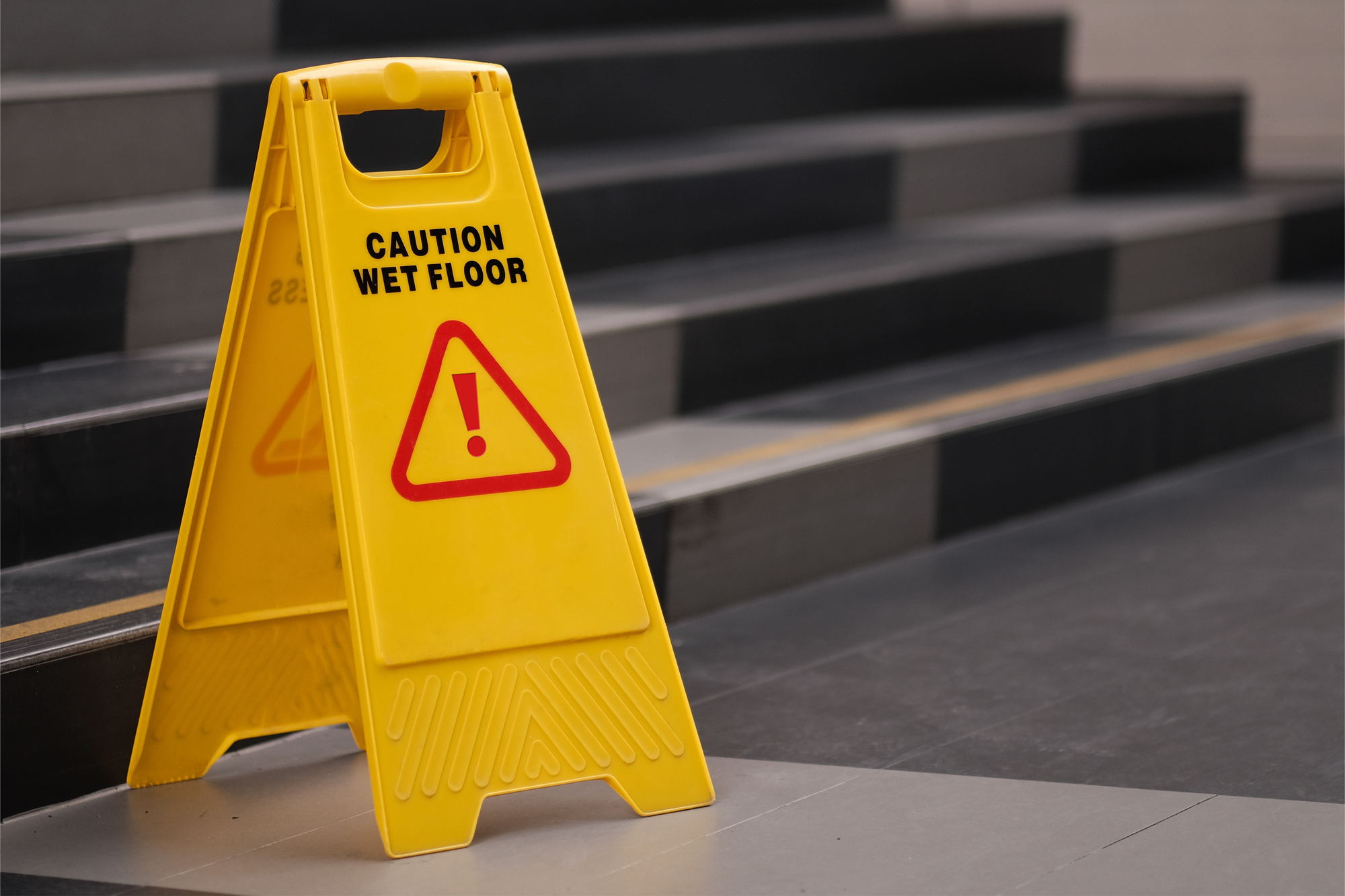On March 24, 2023, Gov. Ron DeSantis signed into law House Bill 837, an impactful tort reform bill that has reshaped personal injury cases and how claims are handled. A large part of this reform was the introduction of a new comparative negligence law, replacing the former pure comparative negligence system that has been in place since 1973.
Under the former law, an individual could be 99% at-fault for an accident, but still file a claim and recover 1% of their damages. Now, if the plaintiff’s degree of fault exceeds 50%, they are barred from seeking any compensation at all from the defendant. While this may seem fair in the first example, liability is sometimes complex to determine. For example, a vehicle travels down a highway going 20 miles per hour above the speed limit. Another vehicle comes from a cross street, rolls through a stop sign, and pulls out onto the highway in front of the oncoming vehicle. There is a collision, and both drivers are seriously injured. If this claim proceeds to trial, it will be up to a jury to assign a percentage of liability to each driver. Unless the jury determines that each party is exactly 50% at fault, someone will be left uncompensated for their medical expenses, wage loss, and other damages. On other words, they will be completely responsible for all of their losses, despite the fact that someone else was liable for a large percentage of those damages.
The new statute has had a negative impact for victims in premises liability and negligent security claims, as well. Before enactment of the new law, negligent security cases involving injuries caused by third-party tortfeasors only considered the victim and the property owner. However, the reform now allows for the blame and liability to be shifted from a negligent property owner to an intentional wrongdoer. As a result, property owners may have reduced liability, which raises concerns that this change may discourage property owners from implementing adequate security measures. Now, if someone is wearing a high heel shoe and slips and falls, they will have to overcome the argument that they are more than 51% liable, simply because of the shoes they were wearing.
Because the passage of the Florida Tort Reform Act has brought significant changes to personal injury actions in Florida, it is crucial that you have a legal expert that understands these new rules and their implications, to assist you with your injury claim. Our team of personal injury attorneys are experienced and well researched in these developments, making our team well-equipped to guide you or your loved one through the injury claim process, and help minimize any negative impacts of HB-837.
Have Questions?
Our team of attorneys has nearly 100 years of combined experience in helping clients understand their legal options following an injury and getting them the compensation they deserve. Contact Legler, Murphy & Battaglia to schedule a free consultation!



